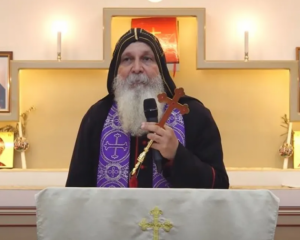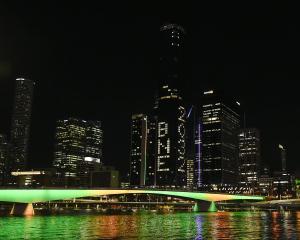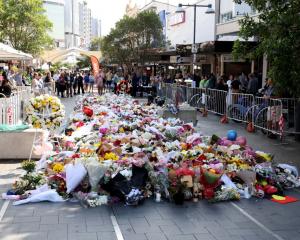
Prime Minister Tony Abbott will today announce the purchase of another 58 F-35 Joint Strike Fighters, taking the Australian fleet to 72 by 2020.
Australia will spend $12.4 billion to bolster its air combat capability with the order, with the price tag to include weapons, spare parts and maintenance facilities.
Defence Minister David Johnston says the purchase will give Australia's air combat capability "the sort of technological edge that it must continue to have".
He defended the billions in spending - less than a month before Treasurer Joe Hockey delivers a budget with expected cuts to health and welfare.
The money for the fighters had been put aside since the government's initial order of 14 aircraft, he said.
"The money is contained within the defence budget in the outyears of the budget and beyond," Senator Johnston told ABC radio.
"We are committed to defending Australia with the best available platforms. This clearly is a regionally dominant and cutting-edge platform that will see Australia right out to 2050."
As part of the fighter programme, $1.6 billion will be spent on new facilities at RAAF bases Williamtown in NSW and Tindal in the Northern Territory.
"The acquisition of F-35 aircraft will bring significant economic benefits to Australia, including regional areas and local defence industry," Mr Abbott said in a statement ahead of the announcement.
The F-35 will replace the ageing F/A-18 Hornet aircraft, which will be withdrawn from service by 2022.
Mr Abbott said the F-35 was the most advanced fighter in production in the world.
"The F-35 will provide a major boost to the ADF's intelligence, surveillance and reconnaissance capabilities," the prime minister said.
Opposition leader Bill Shorten backed the purchase, saying the previous Labor government believed the Joint Strike Fighter was the "right way to go".
He said the fighter program was a long term-investment, when asked if the order should be scaled back, given the tough budget climate.
"These defence purchases are necessary for our forward security plans over a number of decades," Mr Shorten told ABC radio.












